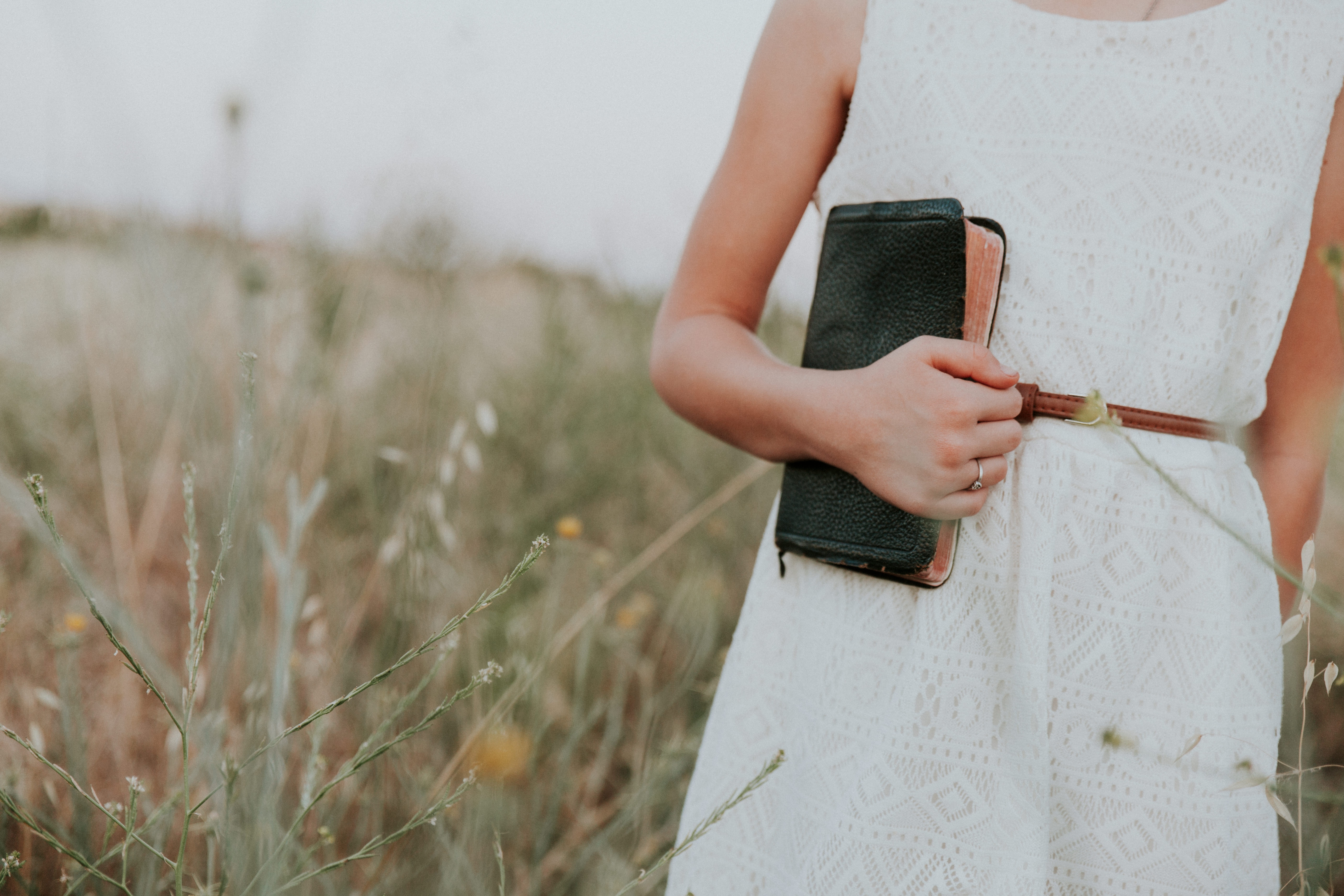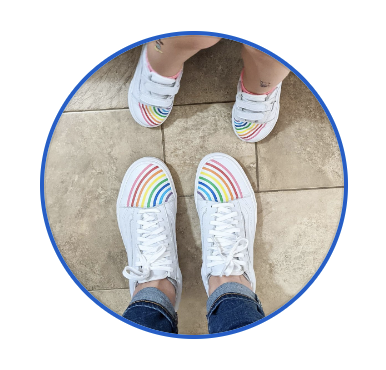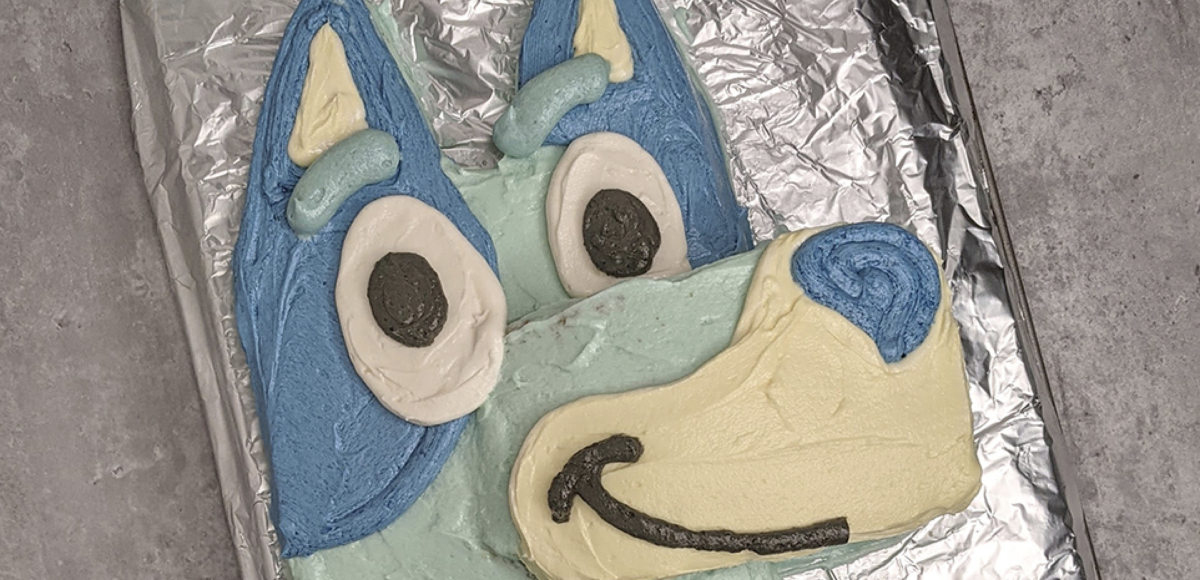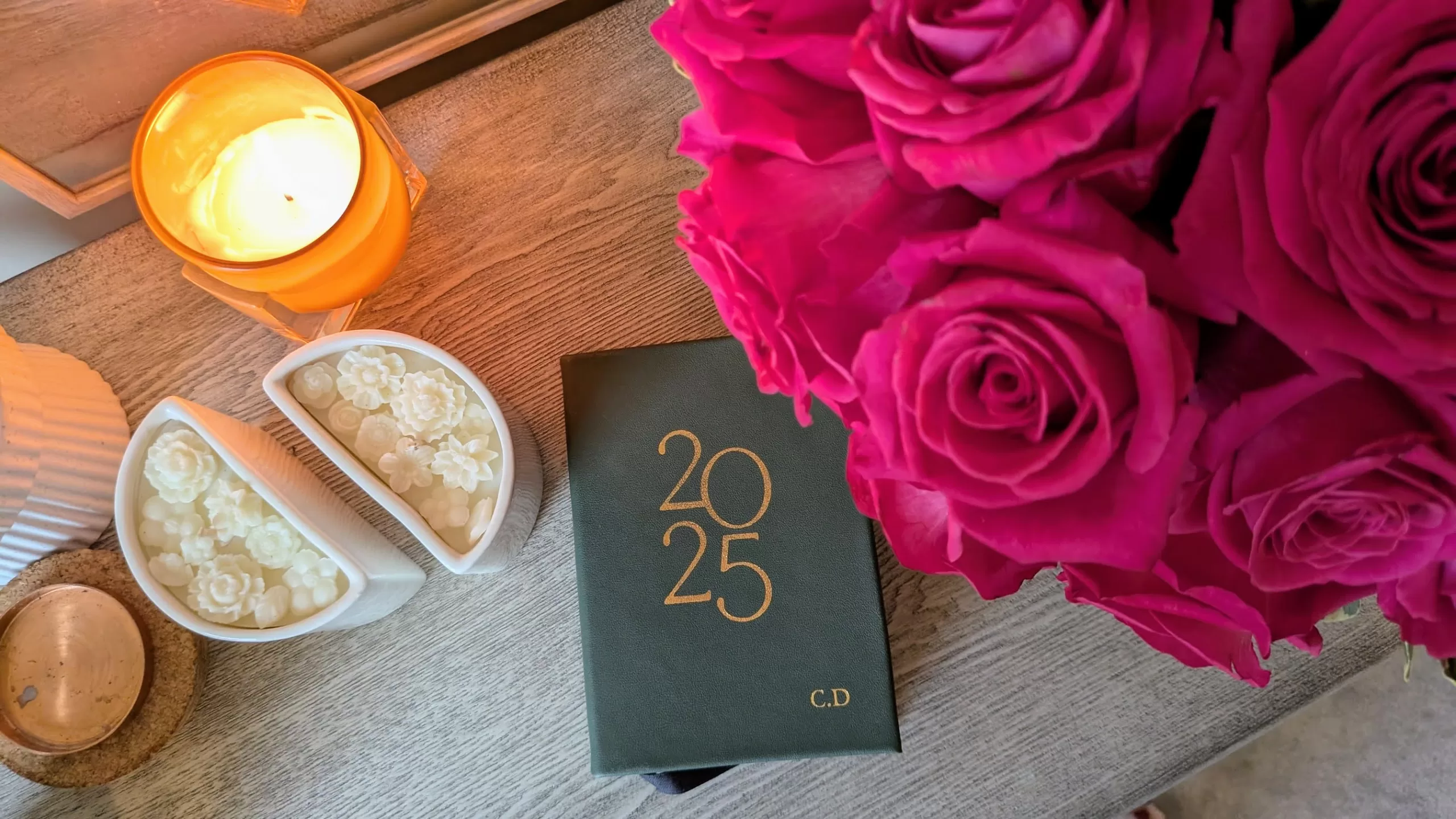This post may contain affiliate links. Every link is hand-selected by our team, and it isn’t dependent on receiving a commission. You can view our full policy here.
Lisa Gungor and her husband, Michael, had been touring the world as part of an indie Christian duo, snagging two Grammy nominations for their worship music. They’d fallen in love going to a Christian college, and later, founded a church together. Then, one day, Michael looked at Lisa and said, simply and honestly, that he didn’t believe in God anymore.
Talk about a crossroads. As normal as it is to have doubts and questions, when your career (and really, your entire persona) is so deeply woven into your faith, how do you face that change of heart? Do you abandon your music? Leave the church and walk away from everything? It’s a struggle Lisa Gungor explores honestly in her new memoir, The Most Beautiful Thing I’ve Seen.
She talks about her own crisis of faith; how touring the world opened her up to people’s struggles and pain that made her own rationale for how God behaves seem woefully limited, and how raising her two daughters, Amelie and Lucie, made her really step back and examine her life.
She grew up in a world of absolute answers: This is exactly what we believe, this is what happened, this is how the world works. End of story. That sense of resoluteness can be reassuring as a child, but as an adult, when Lisa experienced a range of experiences in the world that weren’t easily explained by the stark rules she’d grown up with, her faith cracked. It didn’t dissolve completely; she just realized she needed to expand her definitions. To explore herself, and question things further, until she could come to answers that left room for wonder and made it okay to, well, not know everything.

“We believe magic is everywhere because it is everywhere — the soil, the stars, the bugs we dig up in the dirt, and winged things we see in the sky. But then it all begins to feel so normal because we see it every day and busy our lives with looking for other magical things like cancer miraculously disappearing. Our hearts break, or someone fails us, and the magic gets sucked out,” she writes. “Maybe for you it was the other way around. Maybe explaining the science of the world made your heart come alive … Not me. Because I was given concrete answers to how the world was made and was told questioning it was a sin. … When I discovered those answers were not certain, I felt tricked by the people I’d trusted, and tricked by my naive self.”
I didn’t grow up with a particularly rigid definition of faith. In fact, when I met friends who did have strong opinions on right and wrong, heaven and hell, sin and salvation, I often rejected it and pushed away from them. Still, I could relate to growing up with a sense of magic and wonder and unknown in the world, then growing disenchanted and navigating periods of hopelessness, feeling like I was fighting hard to deceive myself in order to make sense of the world and my existence. Lisa’s candor is refreshing, especially as she peels back the layers of her journey and walks you through how her experiences shaped her.

Lucie, her youngest, was born with heart complications that required multiple serious (and seriously expensive) surgeries. She also has Down Syndrome, and Lisa soon saw firsthand how the world treated her daughter differently as a result. But, when she shifted her focus, looking instead from how the world viewed her daughter’s differences to how her daughter viewed the world, her perspective cracked wide open. She found herself accepting a wider, looser definition of faith, without such rigid answers, and learned to accept that she didn’t have to know it all.
“Suffering is what happens when we want what is in front of us to be different than what it is,” Lisa writes later in the book. “Other people in the baggage claim area look at our little girl, and I can see it on their faces: They feel a mixture of things afterward, but first, they feel sorry. I’ve done the same thing to other families. I was the one causing suffering.”
For me, the book came down to one pivotal insight: “The way we see something changes how we treat it.” I don’t need to have the answer to every question, and that doesn’t mean I should ignore the importance of the question itself. Or judge based on what I think is the answer.
You can find The Most Beautiful Thing I’ve Ever Seen on Amazon and at most major bookstores. (Note: This post contains affiliate links, which help fund the operation of this site.)
Top photo by Allen Taylor on Unsplash.




